Can Anorexia Cause Diabetes? Here’s What We Need to Know
Discover the link between anorexia and diabetes – Can anorexia truly cause diabetes? Unveil the facts with us!
Link Between Anorexia and Diabetes

Understanding Anorexia Nervosa
Anorexia nervosa isn’t just a stubborn decision to skip meals. It’s a fierce eating disorder that’s got folks eating way less than they ought to, freaked out about gaining weight, and seeing a warped reflection in the mirror. We’re talking serious weight drop and nutritional issues. As per the National Institute of Health, anorexia doesn’t pop up as often in people dealing with diabetes but when it does, it can be deadly. While it mostly targets teen girls and young ladies, it’s not shy from hitting boys and men as well.
| Statistic | Reality Check |
|---|---|
| Rate in teen girls (ages 15–19) | On the fast track to becoming a top chronic health issue |
| Folks with eating disorders trying self-harm | About a quarter (26%) |
| Kids getting hit | Starts down at ages as young as 9 or 10 |
Check it out: NCBI
Impact on Diabetes Risk – Can Anorexia Cause Diabetes?
So you might be thinking, “Can anorexia mess with diabetes?” Well, anorexia doesn’t directly hand out diabetes, but it sure can stir up the pot for other health messes, including diabetes, especially if it runs in the family or comes with other baggage (WithinHealth).
Folks wrestling with anorexia are more likely to face off with insulin resistance, where the body’s like “Hey insulin, I’m not listening to ya!” Over time, this builds up sugar and can lead to prediabetes or full-blown diabetes.
Dig deeper into these related reads:
- Can diabetes cause seizures?
- Can chemo cause diabetes?
- Can diabetes cause vertigo?
- Can you donate plasma with diabetes?
Eating disorders are no joke on health. For folks with Type 1 diabetes, risky moves like diabulimia—skipping insulin to shed pounds—can really mess up diabetes control and ramp up health risks (WithinHealth).
Grasping how anorexia and diabetes intertwine can really help in tackling these health challenges head-on.
Anorexia, Insulin Resistance, and Diabetes
So, what’s the deal with anorexia and diabetes? They’re not exactly best buddies but the connection matters, and if you’re curious, we’ve got you covered.
Anorexia’s Effect on Insulin Sensitivity
Now, anorexia nervosa isn’t going to cause Type 2 diabetes directly, but it certainly likes to meddle. You see, it’s all about how these eating habits play with your body’s insulin game. Researchers noticed a link between anorexia and insulin resistance. That means your body might not use insulin as well as it should, which can mess with diabetes-related stuff.
Way back in 1988, there was this study that peeked into fasting blood glucose and insulin levels in folks with anorexia. Turns out, there was a hint of insulin resistance. And hormones like cortisol? They get in on the action too, sometimes making things worse. When you’re on the road to recovery from anorexia and start eating more, your insulin sensitivity can go on a rollercoaster (thanks, cortisol!) making diabetes a bit more challenging to handle.
| Type of Study | Year | Key Takeaway |
|---|---|---|
| Fasting Blood Glucose & Insulin | 1988 | Spotted a trace of insulin resistance in anorexic patients. |
| Cortisol Connection | N/A | Cortisol might stir up insulin resistance. |
But don’t worry – anorexia, by itself, isn’t a big diabetes trigger. If it’s in your genes or there’s some other stuff lurking around, you could still end up with diabetes. Brush up on other diabetes-related topics, like whether diabetes can make you dizzy or if chemo can bring on diabetes.
Reversing Diabetes-Related Factors
If you’re thinking of reversing the effects anorexia has on insulin resistance, the first step’s all about sorting out the anorexia itself. Getting your meals back on track and gaining some healthy weight can help your body use insulin better. Nutrition’s like the magic key that helps balance everything out.
For folks juggling diabetes (whether it’s Type 1 or Type 2), messing around with insulin isn’t just risky; it’s playing with fire. You might end up with slow healing, infections, and a whole laundry list of not-so-fun stuff like kidney issues, liver troubles, heart problems, and even some vision loss. Eating all wrong—like overdoing it, or throwing up—throws your blood sugar on a wild ride, which is another headache for managing diabetes.
So, on the grand stage of health, while anorexia isn’t the lead role in diabetes, it definitely adds layers to the story of insulin sensitivity, making diabetes trickier to manage. Want more? Check out how plasma donations work when you’ve got diabetes and find out if diabetes can cause seizures.
Diabulimia and its Dangers

Definition and Risks
Diabulimia—while not an official medical term—is a serious behavior pattern where folks with Type 1 diabetes deliberately skip or cut down on their insulin to shed pounds. It’s a dangerous gamble that can lead to malnourishment, dehydration, and persistently sky-high blood sugar levels. This reckless calorie-burning method makes the body munch its own fat for fuel, resulting in weight loss but also nasty health headaches. Research shows those dabbling in diabulimia run a risk of premature death three times higher than their insulin-abiding peers.
Impact on Health
Diabulimia isn’t just nasty for your waistline; it messes with your health big time. People caught in this cycle juggle the challenges of managing diabetes while wrestling with their weight, often facing a parade of complications. Ditching insulin can hike up blood sugar, causing chaos in various body parts from the heart to the nerves and kidneys.
Let’s peek at some serious risks tied to diabulimia:
- Heart Hassles: Sky-high blood sugar isn’t heart-friendly.
- Nerve Nuisances: Chronic high sugar can fry your nerves, leading to peripheral neuropathy.
- Kidney Catastrophe: Glucose overload can cause kidneys to give up.
According to NIH, about 30% – 40% of young women with Type 1 diabetes grapple with eating disorders like diabulimia, a whopping number when you compare it to the general crowd. This highlights a crying need for awareness and early action. Across all ages and genders, around 20% of those with Type 1 diabetes tango with an eating disorder, which paints a broader picture of this uphill battle.
Here’s a snapshot of complications:
| Health Complications | Frequency with Diabulimia |
|---|---|
| Heart Woes | Common |
| Nerve Damage | Common |
| Kidney Issues | Moderate |
| Dehydration & Malnourishment | Common |
| Premature Death Risk | Triple Threat |
Besides answering questions on, can anorexia cause diabetes? – This gloomy list shows why tackling eating disorders in diabetes is top priority. For deeper dives into how diabetes pals around with other health troubles, check out our reads on can diabetes cause seizures, can chemo cause diabetes, and can diabetes cause vertigo. Plus, if you’re itching to help others despite diabetes, look at can you donate plasma with diabetes to get the scoop.
Nailing down the mix of diabetes and eating disorders like diabulimia is vital. By spotting the signs and risks, we can better pitch in and push for healthier ways to manage this condition.
Seeking Help and Recovery
Getting back on track with anorexia and diabetes isn’t a walk in the park, but having a supportive team makes a world of difference in managing these conditions.
Support for Anorexia and Diabetes
Folks going through anorexia need a solid crew to help handle all the hurdles that come with the territory, including throwing diabetes into the mix (National Eating Disorders Association). Your buddies, family, and healthcare peeps really bring the support game to a whole new level in the recovery journey.
The National Eating Disorders Association is like a one-stop-shop with tools like:
- Hotlines for when you need to talk to someone pronto
- Online hangouts to share stories and bits of wisdom
- Loads of info to make sense of what’s happening
- Get-togethers that lend a hand to those affected and their loved ones
Eating disorders sneak in more often among type 1 diabetics, especially in teen girls and women. They are dealing with double the odds compared to those without diabetes at their age (NEDC).
Importance of Professional Guidance
Facing the music with disorders like anorexia or diabulimia can feel overwhelming, but reaching out to the pros like doctors, therapists, or mental health specialists helps set the right steps in motion for getting better (WithinHealth).
The pros offer a hand with:
- Health Check: Keeping tabs on things like physical well-being, sugar levels, and the diabetes factor.
- Therapy Sessions: Chatting through CBT to deal with the mental side of anorexia and how it mixes with diabetes.
- Food Advice: Tailor-made meal strategies to keep things nutritionally on point and sugars on an even keel.
- Prescription Plan: Figuring out any meds needed to keep both anorexia and diabetes in check.
Other than can anorexia cause diabetes? Learn more on how diabetes ties into other health surprises with these reads:
- Can diabetes cause seizures?
- Can chemo cause diabetes?
- Can diabetes cause vertigo?
- Can you donate plasma with diabetes?

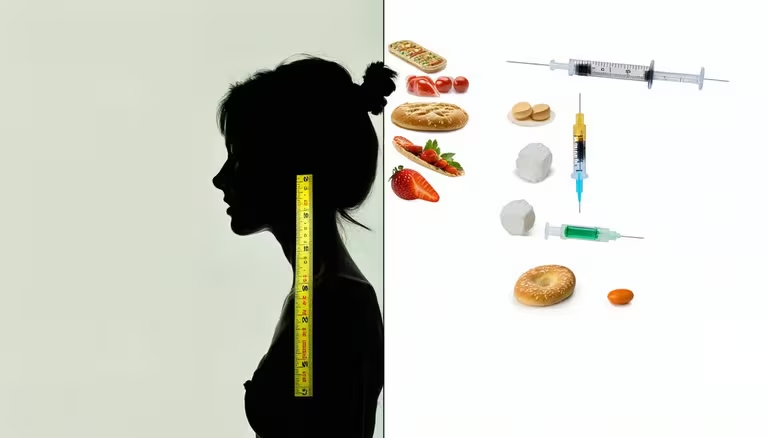

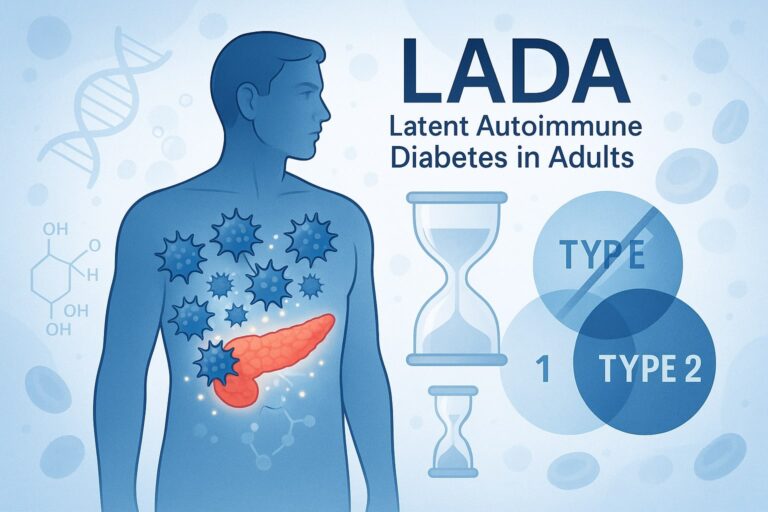
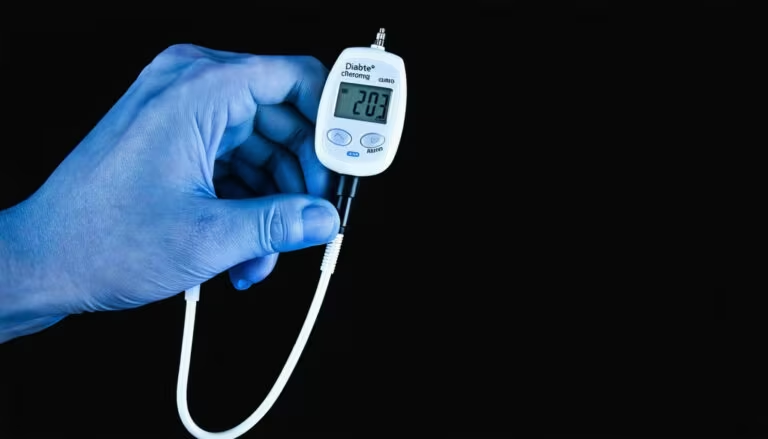

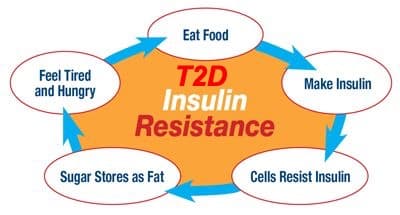
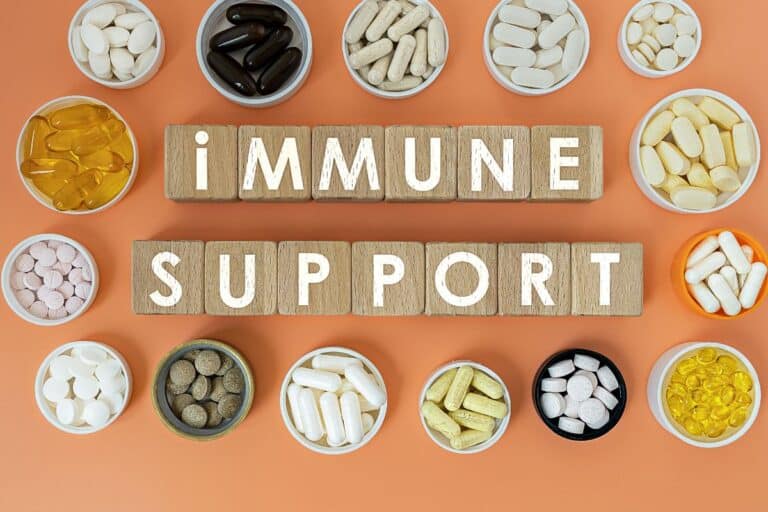
Leave a Reply